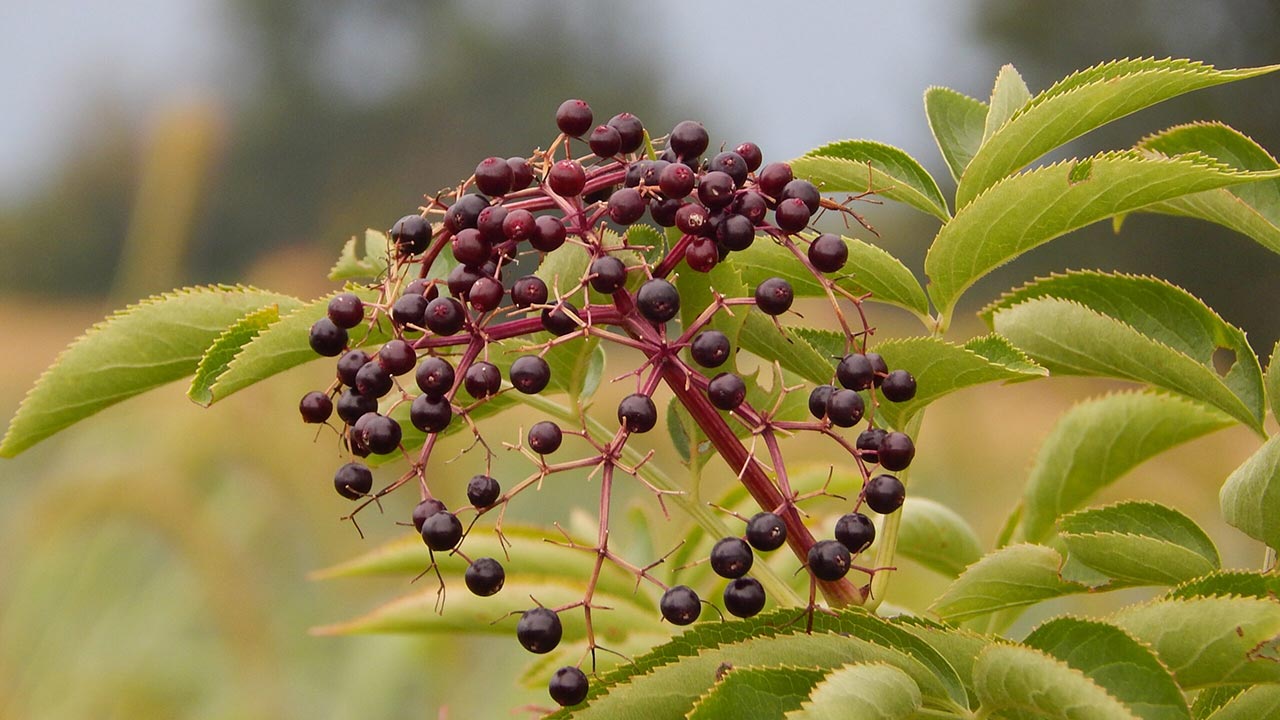Elderberry: The Age-Old Berry with Modern-Day Health Benefits
Summarize

As our lives become increasingly intertwined with technology, there’s a rising interest in natural remedies that have stood the test of time. One such remedy is the elderberry, a fruit that has been consumed and cherished for its health properties for centuries. In recent times, elderberry has re-emerged as a sought-after dietary supplement. But what makes it so special?
A Glimpse into the Past
The elderberry tree, scientifically known as Sambucus, produces small, dark berries that have been used in traditional medicine across various cultures, from Ancient Egypt to Native American tribes. In European folk medicine, it’s been a staple for treating colds, flu, and various ailments.
Elderberry’s Claim to Fame
- Immune System Boost: Perhaps the most well-known benefit of elderberry supplements today is their potential to strengthen the immune system. Rich in antioxidants and vitamins, elderberry is believed to boost the body’s defenses against common illnesses.
- Anti-Inflammatory Properties: Elderberry contains anthocyanins, which have strong anti-inflammatory and antioxidant effects. This can be beneficial in managing conditions related to inflammation, such as arthritis or chronic pain.
- Heart Health: Regular consumption of elderberry might have a positive impact on heart health. The berry is believed to help reduce cholesterol, manage blood pressure, and protect the heart.
- Digestive Aid: Traditionally, elderberry has been used to treat digestive issues, thanks to its dietary fiber content, which can help alleviate constipation and promote overall gut health.
- Skin Health: The high levels of vitamins A and C in elderberries can support skin health, potentially leading to improved complexion and reduced signs of aging.
Forms and Dosage
Elderberry supplements come in various forms:
- Syrups and Liquids: Often used for immediate relief from cold or flu symptoms.
- Capsules and Tablets: Offer a convenient way to incorporate elderberry into one’s daily regimen.
- Teas: A warm and soothing option, especially during colder months.
- Gummies: A popular choice for both kids and adults.
The recommended dosage can vary depending on the form and the intended benefit. It’s essential to follow the manufacturer’s guidelines and consult with a healthcare professional.
Safety Considerations
While elderberry is generally considered safe, consuming raw or unripe elderberries can be toxic, causing nausea, vomiting, or diarrhea. It’s crucial to ensure that any elderberry product is made from ripe, cooked berries.
Additionally, pregnant or breastfeeding women, those with autoimmune diseases, and individuals on specific medications should exercise caution and seek professional advice before consuming elderberry supplements.
Conclusion
Elderberry, with its rich history and promising health benefits, is a testament to nature’s incredible ability to nurture and heal. As a dietary supplement, it offers a blend of tradition and modern science, reminding us that sometimes, the best remedies have been with us all along.
Disclaimer: This article is for informational purposes only and is not intended to diagnose, treat, cure, or prevent any disease. Always consult with a healthcare professional before making any changes to your health or medication routine.
Share this post
